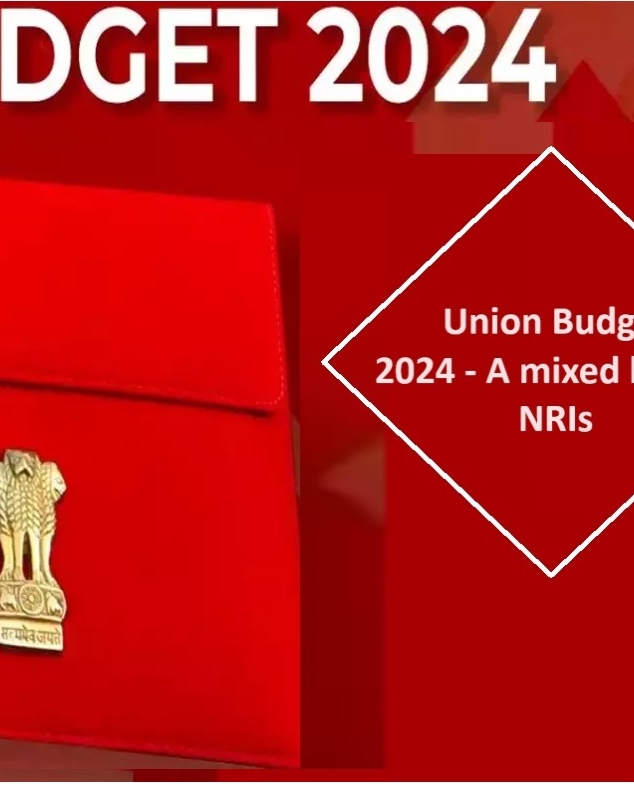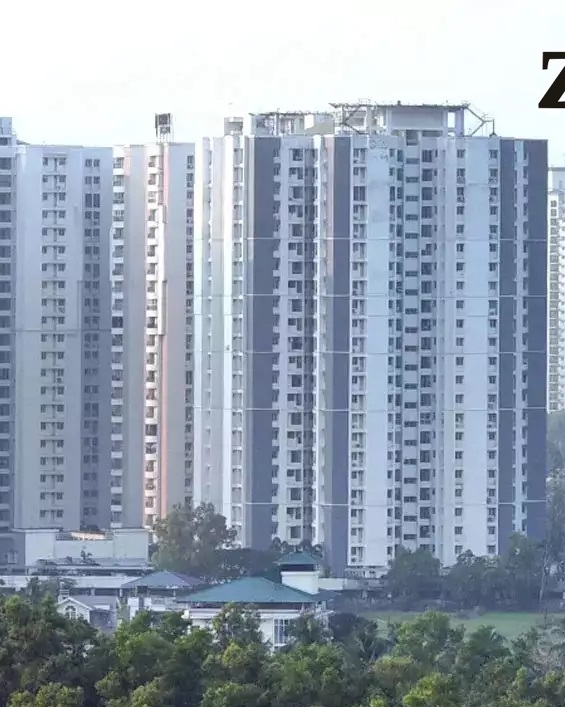Is your real estate project exempted under RERA?
Various RERA authorities have expressed divergent views in respect of interpretation of Section 3(2) (a) of the RERA Act, which exempts certain projects from the requirement of registration.
Source: https://www.moneycontrol.com/
Prior to enactment of the RERA Act, the real estate sector in India had been largely unregulated, with no standardisation of business practices and transactions. Due to lack of regulatory framework, home buyers/allottees constantly faced issues, such as project delay, price escalation and low quality of construction. Worse, the sector lacked a speedy grievance redressal mechanism.
The Real Estate (Regulation and Development) Act, 2016 (‘RERA Act’) was passed by Parliament in the year 2016, with the objective of bringing about greater accountability and transparency in the real estate sector, to standardise the business practices and transactions, regulate and develop the real estate sector, to protect the interest of customers in respect of transactions of sale/purchase, to monitor the activities of promoters and allottees in respect of such transactions, and to provide uniform regulatory environment to ensure speedy adjudication of disputes in the real estate sector in India.
The RERA Act is applicable to and prescribes for the requirement of registration of all real estate projects for which completion certificates were not issued till 1st May 2017. However, under Section 3(2) of the RERA Act, criteria have been prescribed for a real estate project which is not required to be registered under the RERA Act. According to Section 3(2)(a) of the RERA Act, no registration of a real estate project is required where the area of land proposed to be developed does not exceed 500 square meters or the number of apartments proposed to be developed does not exceed eight, inclusive of all phases.
It is interesting to note that the Real Estate Regulatory Authority of different states have diverse opinions, regarding the requirements to be satisfied under Section 3(2) (a) of the RERA Act, for exemption of a real estate project from registration under the RERA Act. Take for instance, the judgment handed out by the Maharashtra Real Estate Appellate Tribunal, in which a three-member Coram adjudicating the matter expressed their views regarding the interpretation of the word “or” between the two conditions.
Two of the adjudicating members opined that “or” is to be read disjunctively and not conjunctively, and therefore, if a project meets any one of the conditions, i.e., the area of land proposed to be developed does not exceed 500 square meters or the number of apartments proposed to be developed does not exceed eight, then such a project is exempted from registration, whereas one adjudicating member was of the view that the project must satisfy both the conditions to be exempted from registration under the RERA Act.
In Bihar, an order was passed by the Real Estate Regulatory Authority of Bihar, stated that registration of the project would be required if any one of the two conditions are not fulfilled. That is to say, if the area of land proposed to be developed exceeds 500 square meters or the number of apartments proposed to be developed exceeds eight, then the project would get covered under the RERA Act and would be required to be registered.
It is also important to mention here that in this regard, Rajasthan Real Estate Regulatory Authority (RRERA) issued an office order to lay down guidelines and provide clarity regarding the requirements to be satisfied for availing exemption of a project under the provisions of the RERA Act. In the said order, RRERA discussed in detail the Section 3(2) (a) of the RERA Act pertaining to the exemptions provided for the project which are not required to be registered under the RERA Act and decided that all such real estate projects which satisfy both the following conditions would be exempted and not required to be registered under the RERA Act:
(i). The area of land proposed to be developed is less than or equal to 500 square meters; and
(ii). The number of apartments proposed to be developed is only eight or less than eight.
Thus, as per RRERA, if any real estate project meets only one of the following two conditions, then it is not exempt from registration, and would be required to be registered under the RERA Act:
(i). The area of land proposed to be developed exceeds 500 square meters; or
(ii). The number of apartments proposed to be developed exceeds eight.
In the RRERA order, it has further said that where the promoter does not ever advertise, market, book, sell, offer for sale or invite persons to purchase in any manner plots, apartments or buildings of a project, then such a project is not required to be registered. RRERA decided that the requirement to register a proposed project/project which is being developed would trigger only, if and when the promoter proposes to advertise,market, book, sell, offer for sale or invite a person to purchase in any manner plots, apartments or buildings in a project.
Recently, a public notice was issued by the Real Estate Regulatory Authority, NCT of Delhi (‘Delhi RERA Delhi’) clarifying the requirements for registration of real estate projects with RERA Delhi. In the said RERA Delhi order, the intent, purpose, provisions of the RERA Act were considered and RERA Delhi has directed that all real estate projects falling under the following categories and being developed within the Delhi Development Authority Master Plan 2021 area in the NCT of Delhi would require compulsory registration with RERA, NCT of Delhi:
(i). All real estate projects, residential or commercial, being developed on the land area of more than 500 square meters in all phases
(ii). All real estate projects in which the number of apartments whether called block, chamber, dwelling unit, flat, office, showroom, shop, godown, premises, suite, tenement, unit or by any other name, being developed exceeds eight in all phases irrespective of the area of the plot
(iii). All real estate projects where plotting is being done on the land area of more than 500 square meters in all phases.
Therefore, as per the RERA, NCT of Delhi order, for a real estate project to be exempt from registration under RERA Act, both the conditions should be satisfied, that is, (i) area of plot does not exceed 500 square meters, and (ii) number of flats/units does not exceed eight, inclusive of all phases. And if a real estate project satisfies only one of the two conditions but not the other, it requires registration under RERA.
There have been divergent views of various RERA authorities in respect of interpretation of Section 3(2) (a) of the RERA Act, which exempts certain projects from the requirement of registration. It is important that while interpreting this provision of the RERA Act, it must be borne in mind that the allottee is required to be protected and the scope of exception granting exemption from registration cannot be widened and stretched to the extent that such scope may defeat the very purpose of the rule of registration of the project.
The provisions of the RERA Act need to be interpreted in such a manner that the intention of legislature and the object of RERA Act to standardise the business practice and transactions, and to protect the interest of customers in respect of transactions of sale purchase and to monitor the activities of promoters are not defeated. It remains to be seen whether in future, if these orders are challenged in the High Court or Supreme Court, and if so, what view is upheld by the higher courts. Till then, we may witness different views by different authorities of various states.
The author is Managing Partner, ZEUS Law, a corporate commercial law firm. One of its areas of specialisation is real estate advisory and litigation practice.)




















